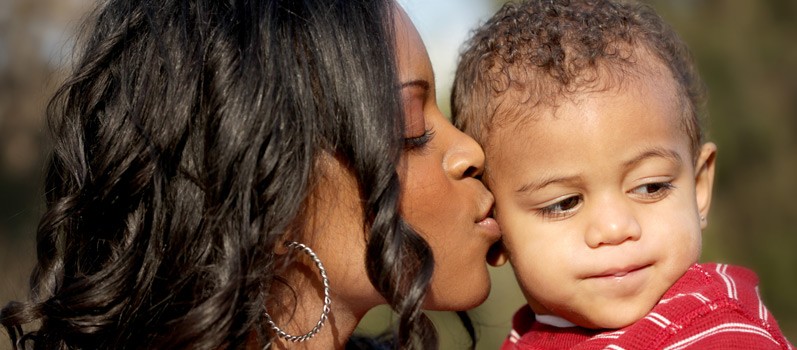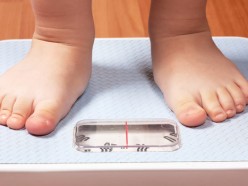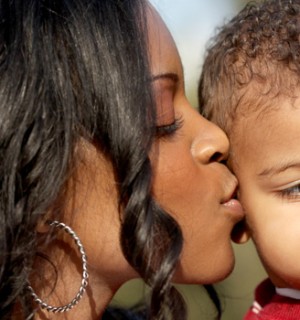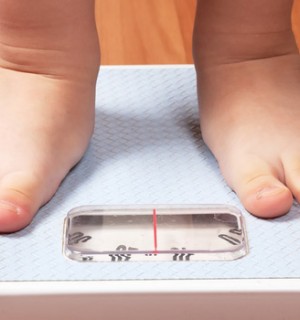Most children are ready to begin toilet training around three years of age. If your child shows signs of readiness, such as an interest in the using the toilet and the ability to follow simple instructions, employing a training routine could begin to save you money on using diapers. In addition to setting an example and offering plenty of praise and encouragement, extra awards and incentives can be a great motivator and tangible way for your child to experience the progress he is making.
Daily Rewards
Daily, short-term rewards for your child can serve as a regular and consistent motivator for using the toilet. Use something small that you are comfortable offering several times a day, such as stickers or jelly beans. You might choose to offer these rewards every time your child successfully uses the bathroom or every time she makes an effort. At the end of the day, an extra bedtime story or a trip to the park to celebrate can be an incentive as well.
Long-Term Rewards
A long-term incentive, like a new toy purchase or a fun trip, can provide a reward for your child when he completes the training process. You might even combine the reward of a sticker with a long-term reward by using a training chart and offering a big reward after a series of earned stickers. While long-term rewards might be effective for some kids, it can often be hard for a young child to stay motivated for a reward that is far away in the future.
Recommendations
You will first need to make sure that your child grasps the basic concepts of using the toilet before adding in an extra reward step. For an extra incentive, consider allowing your child to pick out her own underwear with a design or character that she likes and let her spend time looking at a favorite book while she sits in the bathroom.
Considerations
Keep in mind that while training might only take a few days, it often takes much longer. Avoid punishing your child for setbacks and remember to be patient during the process. If you feel that your child just isn’t ready, put away the training supplies and try again in a few weeks. Remember that toilet training during a significant life change, like a move or a new sibling, can make things more difficult.
A Guide to Successful Toilet Training
Posted On: 11-18-2016

See Related Articles
A Parent’s Guide to Food Aversions & Weight in Children
If your child is not gaining weight normally, it can lead to ...
Posted On: 06-10-2016
read more
Abdominal Discomfort in Babies
If your baby seems fussy and is drawing up his legs in pain, ...
Posted On: 09-02-2016
read more
ADHD More Likely to Be Missed in Minority Children
Attention deficit hyperactivity disorder is often characteri ...
Posted On: 08-26-2016
read more
Alarming Rates of Childhood Obesity
A new study reports that childhood obesity throughout the wo ...
Posted On: 10-13-2017
read more
Behavioral Characteristics of Children With Epilepsy
Epilepsy is a seizure condition, and while 2.5 million Ameri ...
Posted On: 07-01-2016
read more
Blood Tests to Detect FASD Could Be Possible
A new study published in POLOS ONE shows that a certain bloo ...
Posted On: 11-11-2016
read more
Can an App Improve Social Skills for Children with ASD?
A small clinical trial published in JAMA Pediatrics suggests ...
Posted On: 03-08-2019
read more
Children & Excessive Energy
Your child is likely to have more energy than you do, especi ...
Posted On: 09-23-2016
read more
Common Sleeping Pattern for Teens Could Be Dangerous
Many parents express concern that their adolescents are not ...
Posted On: 04-15-2016
read more
Feedback














.jpg&w=300&h=320)
.jpg&w=300&h=320)
.jpg&w=300&h=320)
















